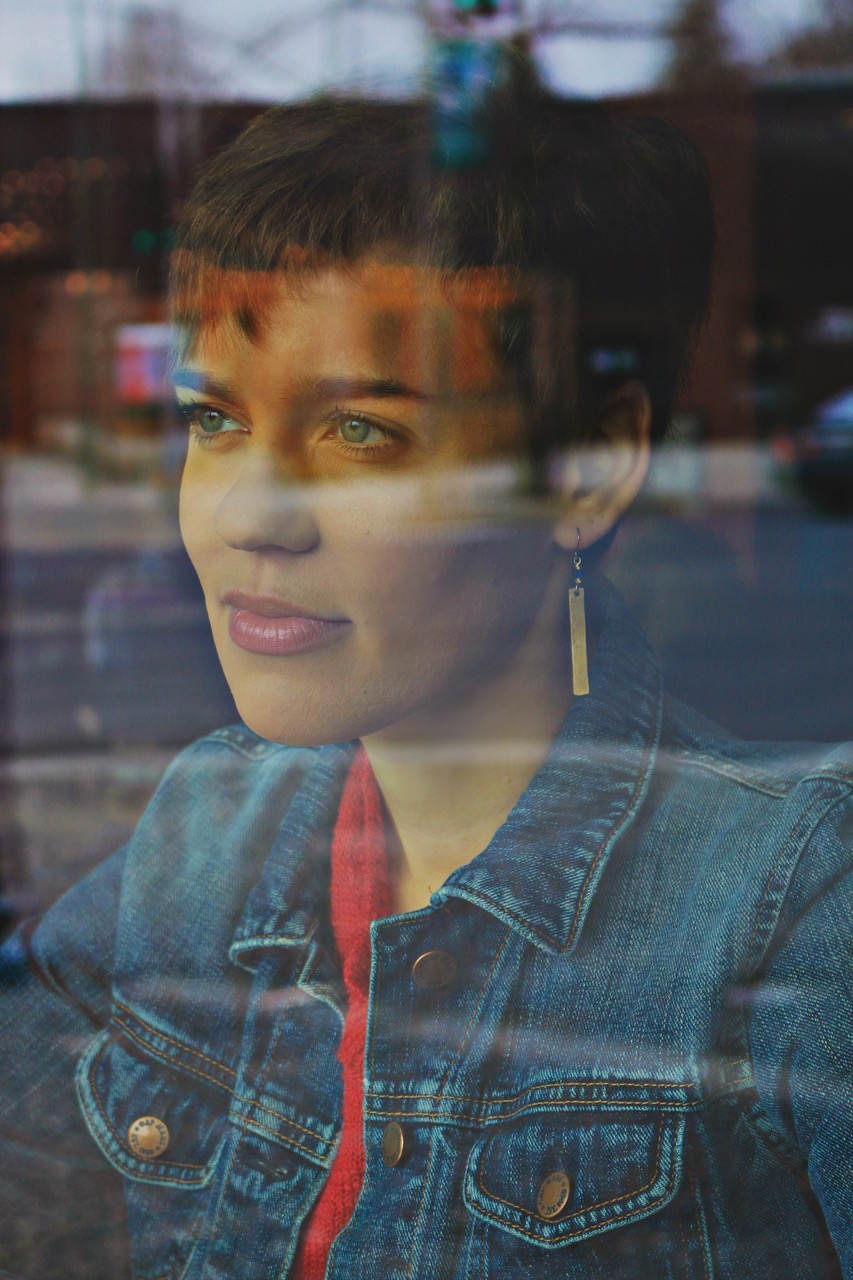Contributor Spotlight: Courtney Kersten
 Courtney Kersten’s essay “Women of the Sky” is part of Issue 78 of Bellingham Review and winner of the 2018 Annie Dillard Award for Creative Nonfiction. Subscribe or purchase a single issue through our Submittable page here.
Courtney Kersten’s essay “Women of the Sky” is part of Issue 78 of Bellingham Review and winner of the 2018 Annie Dillard Award for Creative Nonfiction. Subscribe or purchase a single issue through our Submittable page here.
What would you like to share with our readers about the work you contributed to the Bellingham Review?
I’m so thrilled and honored to have “Women of the Sky” with the Bellingham Review. This essay is, perhaps, the biggest risk I’ve taken as a writer, and it feels like such a gift to have it published. From the content to the point-of-view to my vulnerability on the page, there were many moments when the essay felt too challenging/sensitive/bizarre and I contemplated abandoning it. I would often set it aside for months while I worked on other projects. The inspiration for the piece (which is maybe obvious!) came from my experience living in Latvia as a Fulbright Fellow when I was in my early twenties. I was (and still am) grappling with questions surrounding womanhood, femininity, and inheritance and this essay arose out of the questions I carried surrounding those ideas. I found myself fascinated with the Freedom Monument when I was there and after I left, she continued to preoccupy me. For me, she was full of contradictions. This tension, among others surrounding the history of the Baltic states, led me to explore this on the page. Which, in turn, led me to thinking about my own tensions while I lived in Latvia. I’d like to share my gratitude for this essay finding a home at the Bellingham Review, to Jenny Boully for choosing it as the winning essay, and for anyone who takes the time to check the Spring 2019 issue out.
Tell us about your writing life.
Most of my essays, broadly speaking, deal with dancing between a need to know and the realization that I cannot truly know something beyond myself. Sometimes this takes the form of wanting to know how a sea otter experiences grief. Sometimes (more often than not) this takes the form of wanting to know something about my mother that I can no longer know or access. Sometimes it’s about probing or questioning artistic intention. I’m also fascinated with and enjoy writing about non-human animals… which, of course, is rife with mystery and, perhaps, inaccessible subjectivities/experiences of the world.
Which non-writing aspects of your life most influence your writing?
As a nonfiction writer, I try to remain open to finding inspiration anywhere and everywhere. I carry a notebook with me to write notes about ideas or artwork/people/movements/etc. that could work in an essay or address a theme or question I’ve been thinking about. Sometimes I’ll specifically go somewhere (like an art museum or, once, a taxidermy studio) for inspiration and sometimes it just happens. I also try to expose myself to ideas or areas of study that I’m not familiar with (last week I was looking through “how-to” guides to building worm farms) when given the opportunity. I’m going to a farm this weekend in Osseo, Wisconsin, to meet some chickens and goats. I strive to embrace curiosity.
What are you reading right now?
Robin Wall Kimmerer’s Braiding Sweetgrass: Indigenous Wisdom, Scientific Knowledge and the Teachings of Plants
What project(s) are you working on now, or next?
I’m working on my dissertation which is a hybrid biography of the astrologer Linda Goodman.
Where can our readers connect with you online?
You can find me at courtneykersten.com and/or if you want to see pictures of egrets on the California coast, you can find me on Instagram @kortnijajajajaja.
COURTNEY KERSTEN is the author of Daughter in Retrograde (University of Wisconsin Press 2018). She is a doctoral candidate in Literature at the University of California, Santa Cruz.
Featured Image: “Great Egret” by TexasEagle